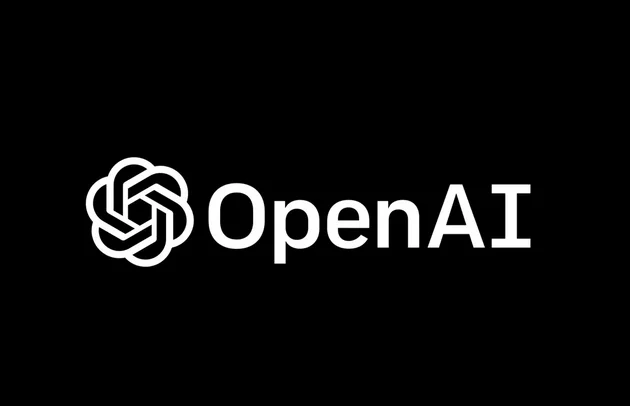The biggest name in AI right now is OpenAI. With its wildly popular ChatGPT, GPT-3 and GPT-4, and Codex products, OpenAI has most of the buzz. But before you use any of its tools, make sure you are read OpenAI's terms of use.
The OpenAI terms of use
In addition to its standalone products, OpenAI has launched APIs for programmers to use their models - at astoundingly cheap rates. Some people are saying that it makes more sense to just use OpenAI's tools than to build your own. Others are wary of becoming dependent on a loss leader, so they want to develop internal tools that can replicate OpenAI's capabilities.
One way to develop new models is to use OpenAI's tools to train your own models. For example, a team at Stanford used GPT-3 to develop scripts to quickly and cheaply evolve LLaMA,, a large language model developed by Meta, into Alpaca,, a model with similar capabilities as ChatGPT. But people advocating the same path are not looking at OpenAI's terms of use. They say:
(c) Restrictions. You may not (i) use the Services in a way that infringes, misappropriates or violates any person’s rights; (ii) reverse assemble, reverse compile, decompile, translate or otherwise attempt to discover the source code or underlying components of models, algorithms, and systems of the Services (except to the extent such restrictions are contrary to applicable law); (iii) use output from the Services to develop models that compete with OpenAI; (iv) except as permitted through the API, use any automated or programmatic method to extract data or output from the Services, including scraping, web harvesting, or web data extraction; (v) represent that output from the Services was human-generated when it is not or otherwise violate our Usage Policies; (vii) buy, sell, or transfer API keys without our prior consent; or (viii) if you are using the API in connection with a website or application directed at children, send us any personal information of children under 13 or the applicable age of digital consent. You will comply with any rate limits and other requirements in our documentation. You may use Services only in geographies currently supported by OpenAI.
I've emphasized the most troubling portions. The terms of use prohibit any attempt to "discover the underlying algorithms" to the models you use, and they prohibit using any "output from the Services to develop models that compete with OpenAI.
This restriction is broad. it is unclear what "compete" might mean in this context. The most narrow reading is that it just means "don't develop a competing API." But I would interpret the risk more broadly. These terms of use prohibit any development of models that compete with OpenAI, not products. That includes any use of their embeddings or text-to-text generative transformers. This might possibly include development of models that are open source or for internal or in-product use. After all, anything that might displace an OpenAI tool "competes" with that tool.
As far as I can see, only the OpenAI API terms of service has an anti-competition clause. Keep an eye out for that sort of clause in other contexts too.

